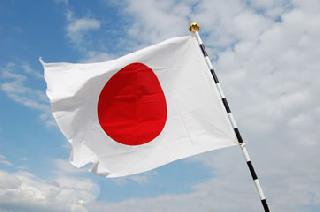
TOKYO (AFP): Tokyo on Tuesday eased a decades-old self-imposed ban on arms exports, paving the way for Japanese firms to participate in multinational weapons projects.
In a move intended to bolster the domestic arms industry and reduce national defence spending, officially pacifist Japan will for the first time in decades routinely allow its companies to partner with foreign firms to develop weapons.
"Under the new standards, Japan will be able to transport military equipment for missions of peace-building and international cooperation," Foreign Minister Koichiro Gemba told reporters.
"This will mean that Japan can now address international peace cooperation and global challenges such as terrorism and piracy more proactively and effectively."
Japan, whose industries took many years to recover from the devastation of World War II, declared in 1967 that it would very tightly control its foreign weapons sales.
At the height of the Cold War, then prime minister Eisaku Sato said Tokyo would not sell armaments to communist states, countries directly engaged in international conflicts, or nations under UN arms embargoes.
The restrictions were further tightened in 1976 when Japan said all exports would be subject to stringent rules that effectively barred all weapon sales.
A limited number of exceptions were subsequently made for technological cooperation projects such on as missile defence with the United States, Japan's cornerstone security ally.
The new rules will allow Japan to develop and produce arms jointly with the US and European countries and to export military equipment for peaceful and humanitarian purposes such as UN peace-keeping operations.
Tokyo will also be allowed to provide defensive equipment, such as helmets and bullet-proof vests, to the limited number of countries in which its Self-Defence Forces are deployed.
Critics of the ban say it was a Cold War relic that has resulted in Japan's military hardware capability becoming outdated, while increasingly assertive regional rival China continues to spend heavily on defence technology.
But supporters say any move to expand Tokyo's military reach, however limited, is likely to rankle in Beijing and Seoul, where Japan's wartime aggression remains a sensitive subject.
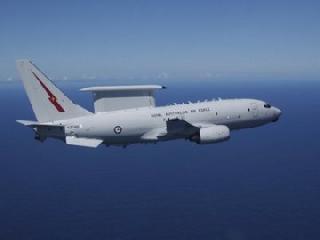 Previous Article
Previous Article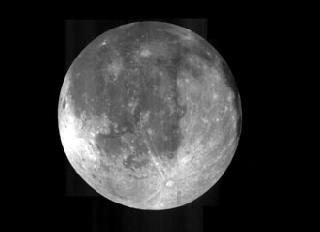 Next Article
Next Article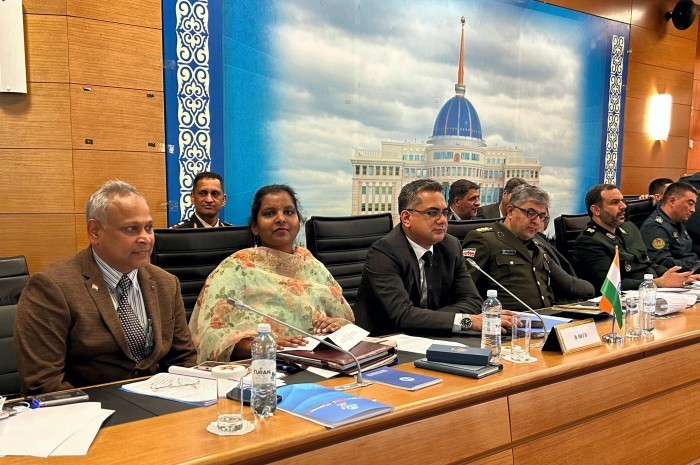
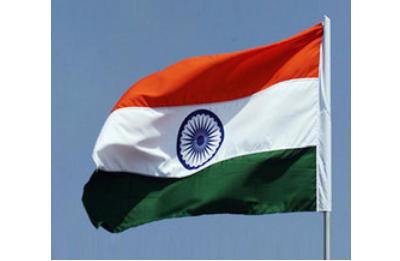
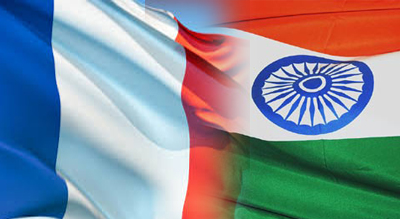
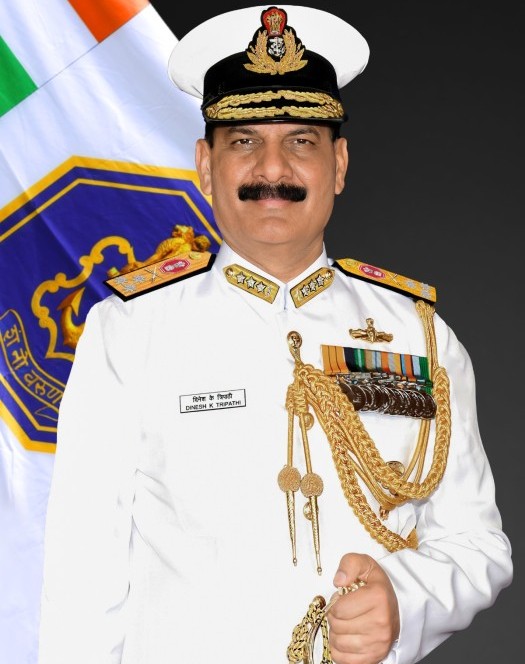

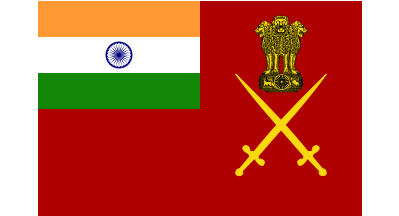
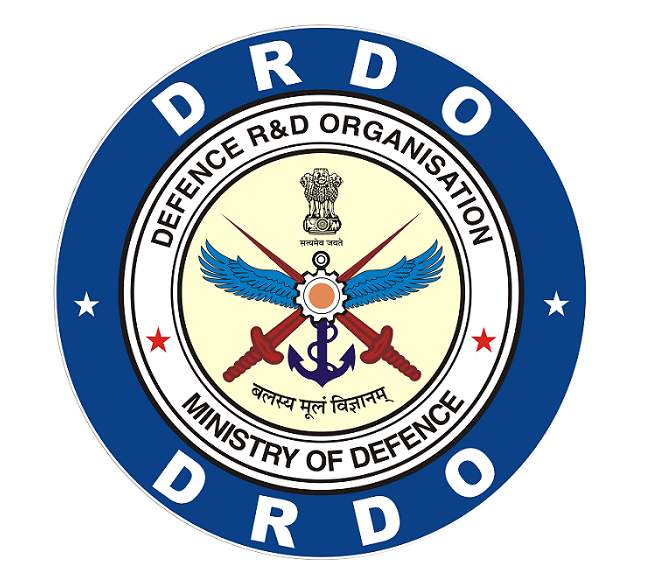
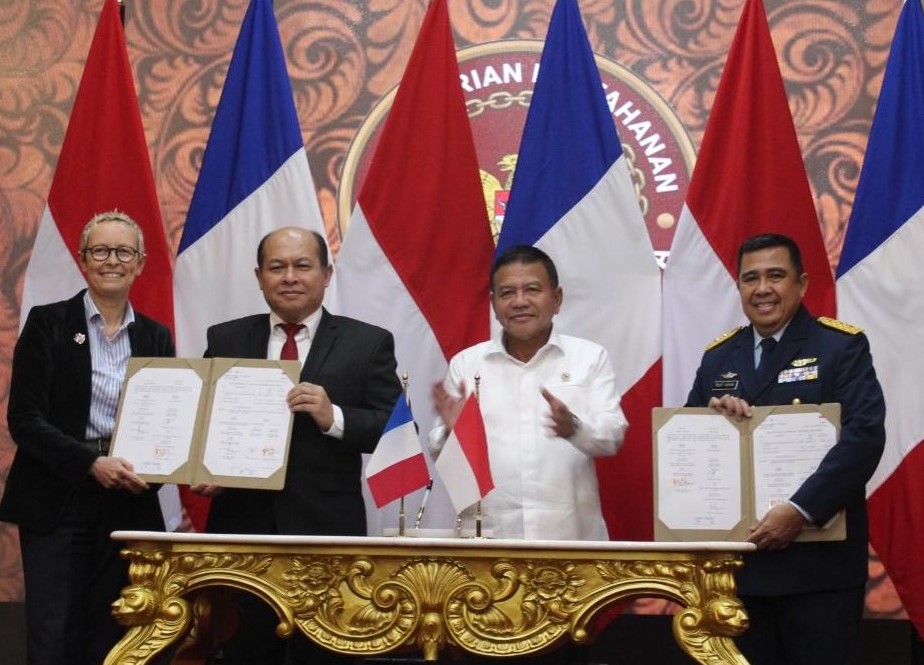





The Indian Air Force, in its flight trials evaluation report submitted before the Defence Ministry l..
view articleAn insight into the Medium Multi-Role Combat Aircraft competition...
view articleSky enthusiasts can now spot the International Space Station (ISS) commanded by Indian-American astr..
view article